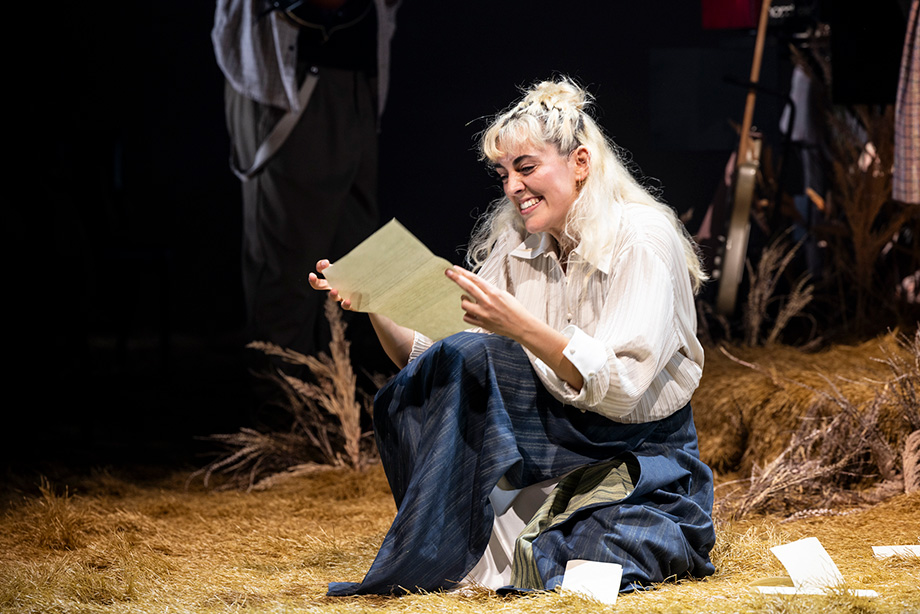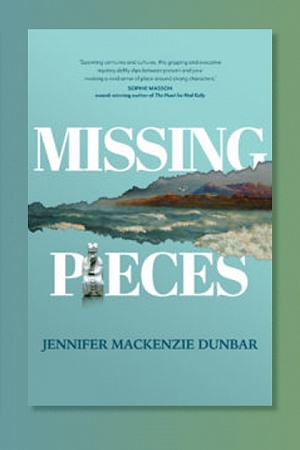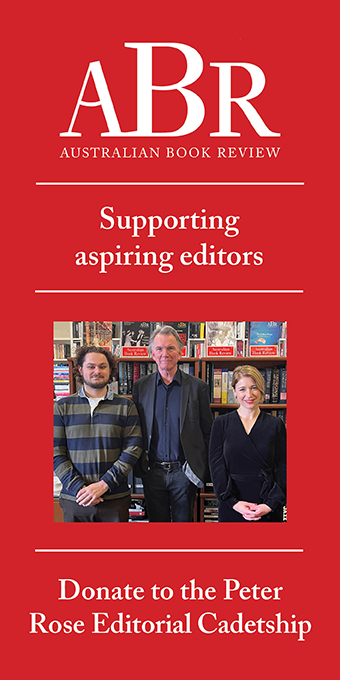My Brilliant Career

Let’s be clear about one thing from the outset. Any resemblance between this Melbourne Theatre Company musical adaptation of My Brilliant Career and the Miles Franklin novel of the same name seems, as times, purely coincidental.
For much of My Brilliant Career’s length, Franklin’s novel (published in 1901) seems to have been reduced to its lowest common denominator, a not unusual tendency in musicals. The fifteen-year-old we first meet is a ‘brat’ version of Sybylla Melvyn, or at least as close to a version of ‘brat’ (chosen by the Collins English Dictionary as the word of 2024 and defined by its chief instigator as ‘very honest, very blunt. A little bit volatile. Like, does dumb things’) as a daughter of nineteenth-century rural Australia can get.
Continue reading for only $10 per month. Subscribe and gain full access to Australian Book Review. Already a subscriber? Sign in. If you need assistance, feel free to contact us.













Leave a comment
If you are an ABR subscriber, you will need to sign in to post a comment.
If you have forgotten your sign in details, or if you receive an error message when trying to submit your comment, please email your comment (and the name of the article to which it relates) to ABR Comments. We will review your comment and, subject to approval, we will post it under your name.
Please note that all comments must be approved by ABR and comply with our Terms & Conditions.